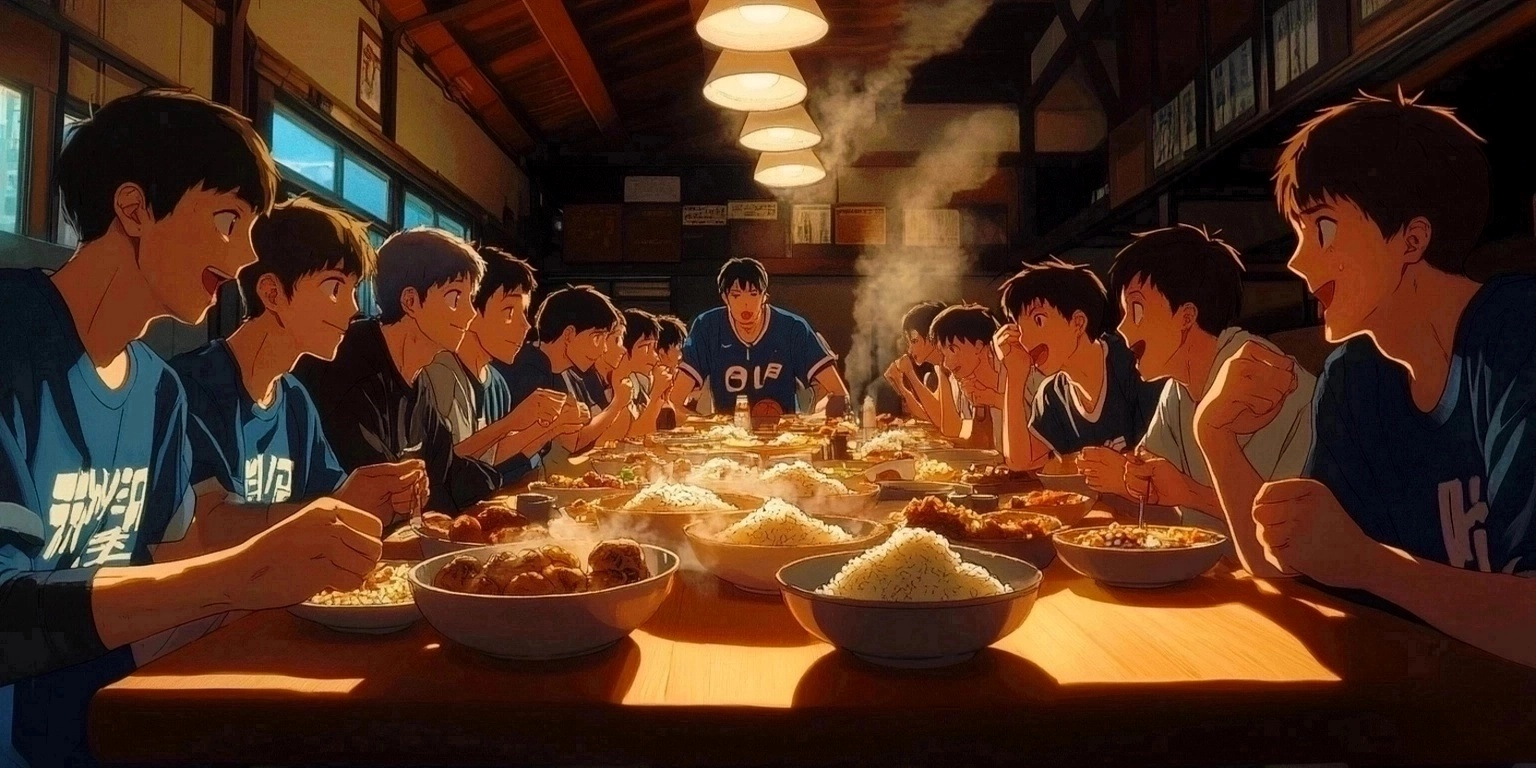
Basketball Club
Hostel Invitation
Near the end of summer vacation, I saw a message pop up on the LINE group:
"Tell me if you want to participate in the training program!"
When I heard that the event would be held in the mountains of Niigata Prefecture, I thought that I might not have a chance to go there in the future, so I signed up for the event right away.
So, what is "Ibusuki" and what is "Niigata"? "And what is Niigata like?
Introduction to Shared Accommodation
A "gazuku" is a place where participants get together for a period of time to spend time together for a specific activity or purpose. The following are the main features and purposes of a gasshuku.
- goal: Co-hosting is done for specific purposes such as learning, sports, training, team building etc.
- Focused Activities: Participants can engage in focused activities that increase opportunities to interact with each other and promote the acquisition of knowledge and skills.
- Changes in the Environment: Often, a homestay is accompanied by a lodger, so you can gain experience in a different environment from your usual one.
- Communication with Partners: Cohesion with partners who share the same goals is often enhanced in co-habitation.
In Japan, in addition to school and company training dormitories, there are also similar programs for drivers' licenses and other licenses.
To put it simply, the "co-habitation" is similar to the summer and winter training of a Taiwanese university team or a sports club, except that in Japan, the training is held in a mountainous area or at the seaside, which is far away from the school, so as to cultivate the team's relationship.
Niigata Kotobuki
Niigata Prefecture is located in the Hokuriku region of Honshu, Japan (see map below).name of radical in Chinese characters (Kangxi radical 22)(boxed section), facing the Sea of Japan, is known for its spectacular natural beauty and rich culinary culture. Here are some of the main features:
- The land of rice: Niigata Prefecture is known as a "rice town" for its high quality rice, such as Koshihikari rice.
- Howe snow belt: It is one of the most snowy areas in Japan, and in winter it snows a lot, which has led to the development of a unique snow culture and architectural style.
- Hot Springs: There are many hot spring areas, which are a popular tourist resource.
- A place of production of sake (sake brewed with Japanese rice in Japan): Because of the abundance of high-quality rice, the sake brewing industry has flourished, giving rise to many famous brands.
- Natural Landscape: With the rich natural resources of the mountains, the Sea of Japan, and Sado Island, you can enjoy a variety of outdoor activities such as skiing, bathing, and hiking.
- Cultural Appreciation: There are many traditional festivals, performing arts and a unique culinary culture.
Simply put, Niigata Prefecture is a great place to enjoy delicious rice, snowy scenery, hot springs, and experience beautiful nature and rich culture. If you would like more information, please let us know what specific attractions or activities you would like to see.
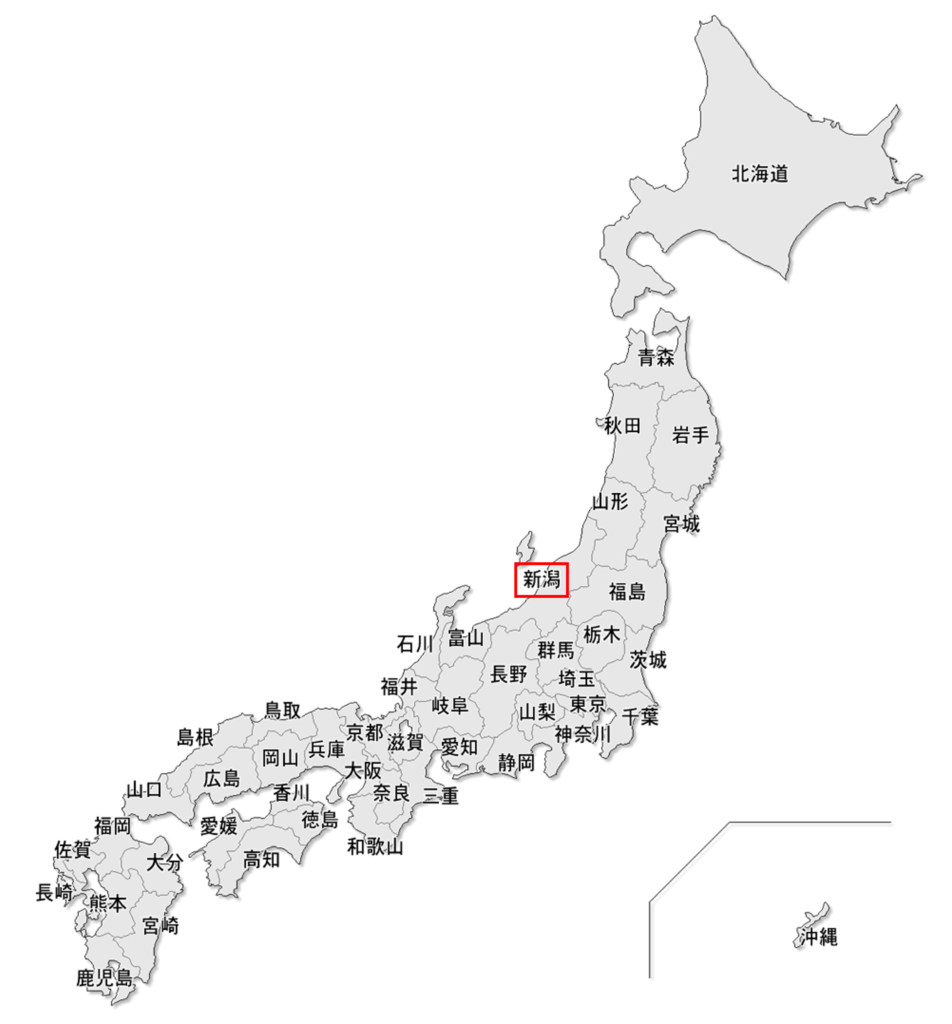
Shared Accommodation Experience
On September 15th, all 18 members of the club met at Ikebukuro Higashiguchi exit at 8:30 am and took a bus to Niigata, arriving at Yuzawa-cho, Minami-Uonuma-gun, Niigata at around 12:00 pm. After that, we took a mini-bus and arrived at the basketball practice area at about 1:00 p.m. because we had to go into the mountain road.
Basically, a homestay is just like a Japanese drama or anime homestay, and the daily itinerary is pretty much the same, as follows:
- Breakfast (at the hotel)
- Morning Exercise (Aerobics, Basic Movements)
- Lunch (lunch at the Stadium Clothing Store Lounge)
- Afternoon Training (Divisional Competition)
- Dinner (at the hotel)
- Toilet/Bath
- Cocktail / Reunion
On the whole, even though the training of the Taiwan sports team is not as strict, practicing seven hours a day is still a bit tiring. However, there are hot springs in the hotel where you can soak, and after practicing, the hot soup will immediately eliminate all the fatigue and soreness of the whole day, and with a little bit of wine, it's very good to sleep.
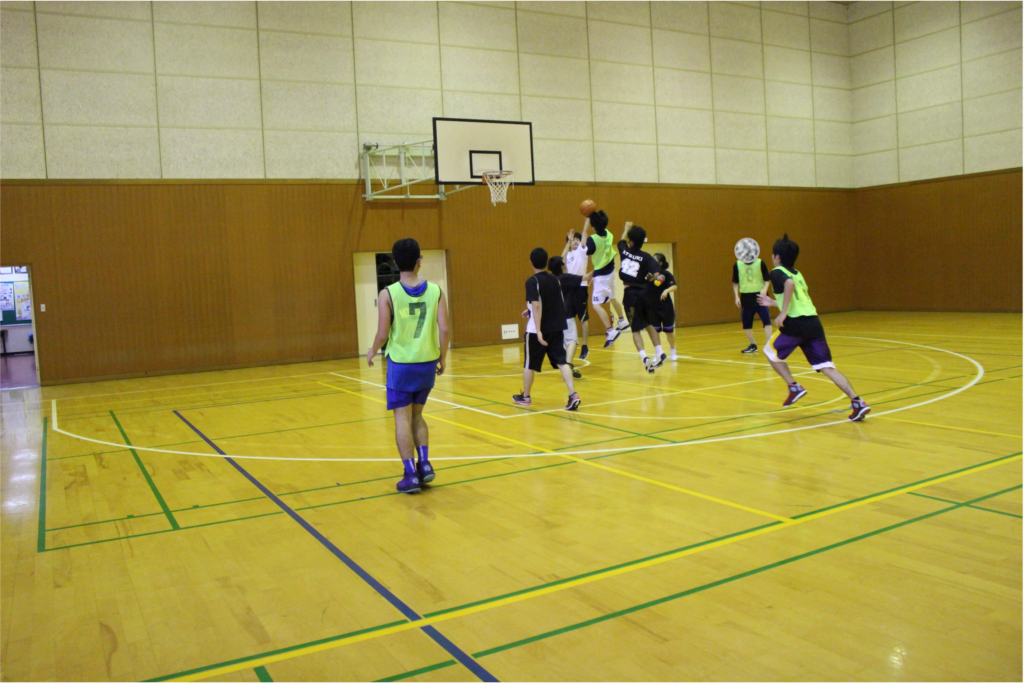
Shared Accommodation
"Hotel Chyo/Cho is a modern and cozy wood-style ryokan located in Niaoba, Niigata Prefecture, surrounded by nature. It is a modern and cozy wood-style ryokan, suitable for tennis, golf and fishing in the summer, and ideal for skiing and other sports in the winter. I heard that a lot of groups organize their overnight stays here, and the rating is very high. The following photos show the situation inside the hotel at that time:
If you are interested in the hotel "ホテル丁(ちょう) HOTEL CHYO", please click the picture or the button below to make an online reservation!
Culture
Ask your age at the first meeting
"How old are you?"
In Taiwan, it's rare to ask someone their age right off the bat, but in Japan, it's one of the first questions I get asked when I meet a new Japanese person. So why do Japanese people always ask their age first whenever they meet a stranger?
In fact, there are two main reasons:
- Grammar of honorifics based on chronological culture: Age is usually used to determine whether to use honorifics or humility.
- There are expected role problems based on age: most Japanese people accomplish major life events at a specific time, such as starting a job at the age of 22 after graduating from university, getting married before the age of 30, etc., so age is used to determine the approximate experience of a person and what life events he or she has gone through.
It can be seen that there is a clear hierarchical relationship between the seniors and juniors in Japan, and apart from age, the number of years of employment and the relationship between supervisors and subordinates will also affect who will say honorifics and who will say humble words. Personally, I always say honorifics to the following people:
- Schools
- lecture on
- Dean
- People whose age cannot be determined
- Career
- supervisors
- Seniors (those who joined the company before me)
- Those who have changed jobs in the middle of their career but have more work experience than themselves
- Women: Basically, they don't dare to ask girls their age, so it's fine to use honorifics. I've found that many women use honorifics to talk to men regardless of their age, and even between boyfriends and girlfriends, most girls use honorifics at first. So, a word of advice for men, don't even ask a girl her age before she asks you, just use honorifics.
Senior Scholarship
This time the BBQ meal in the joint accommodation, is the host couple to help us bake good for us to eat, let us eat meat to eat to full, but the Japanese table rules still have to comply with, the following is a Japanese group of people dining rules:
- Wait for the whole group to arrive (if you want to serve yourself, the senior will serve first, then the junior).
- Before you start the meal, you will say something about your hard work today, and after you say "いただきます(開動)", you will have your meal.
- It is not a rule to eat clean and leave no leftovers, but it is a courtesy and a sign of respect for food.
- If there is still a lot of rice or food left, the seniors will let the younger students play the "Eat All the Food" game, where they are poured rice or soup first and then eat it again.
- When you are done eating, you will stack the same bowls and plates with those seated nearby, and dump the garbage together, so that you can sort them out clearly.
- When you are sure that everyone has finished eating and is ready to leave, someone will host a post-dinner thank-you speech.
- After shouting "ごちそうさまでした(Thank you for the hospitality)" in a loud voice, we take the plates to the kitchen.
On the whole, although it is a social club, the status of the senior is still very high, so it can be seen that the senior-brother system is still very much valued in the school.
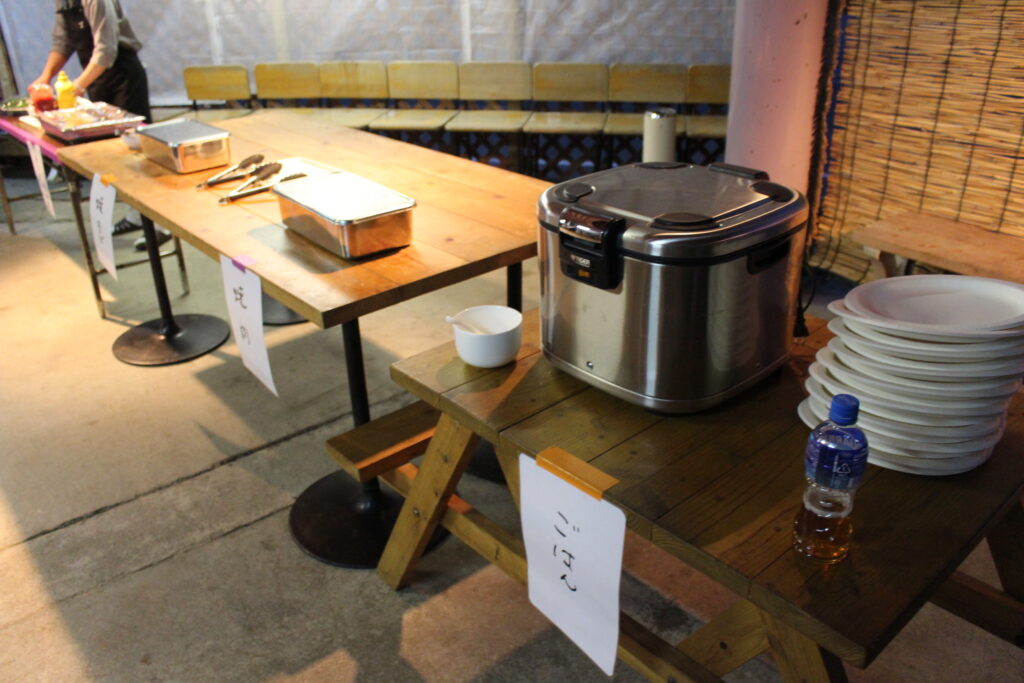
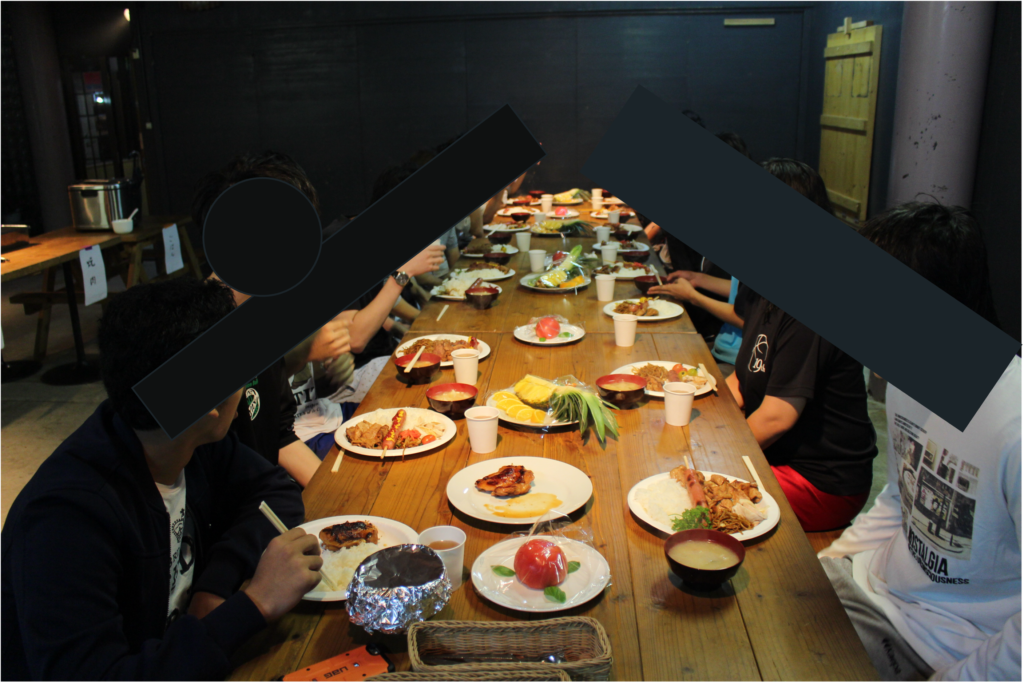
Related Resources
- What is a shared accommodation? Basic Knowledge of Hostels and Hostels
- Niigata prefecture ってどんなところ? We would like to introduce Niigata's culture, food, festivals, and the origin of the name of the prefecture!
- On "Sake" and "Japanese Sake" - National Tax Office
- Japanese "Senpai/Senpai" Culture and its Service

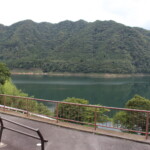
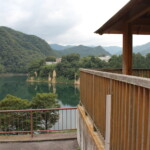
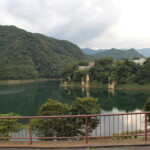
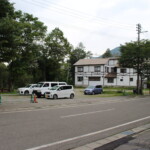


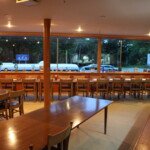
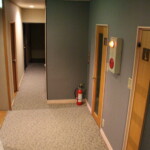
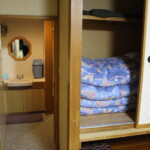
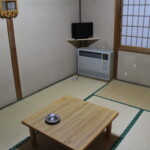
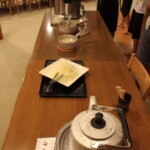
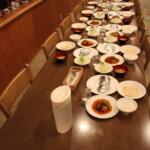

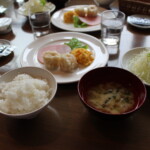
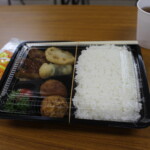
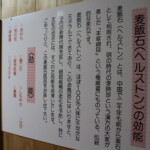
Message Center Feedback